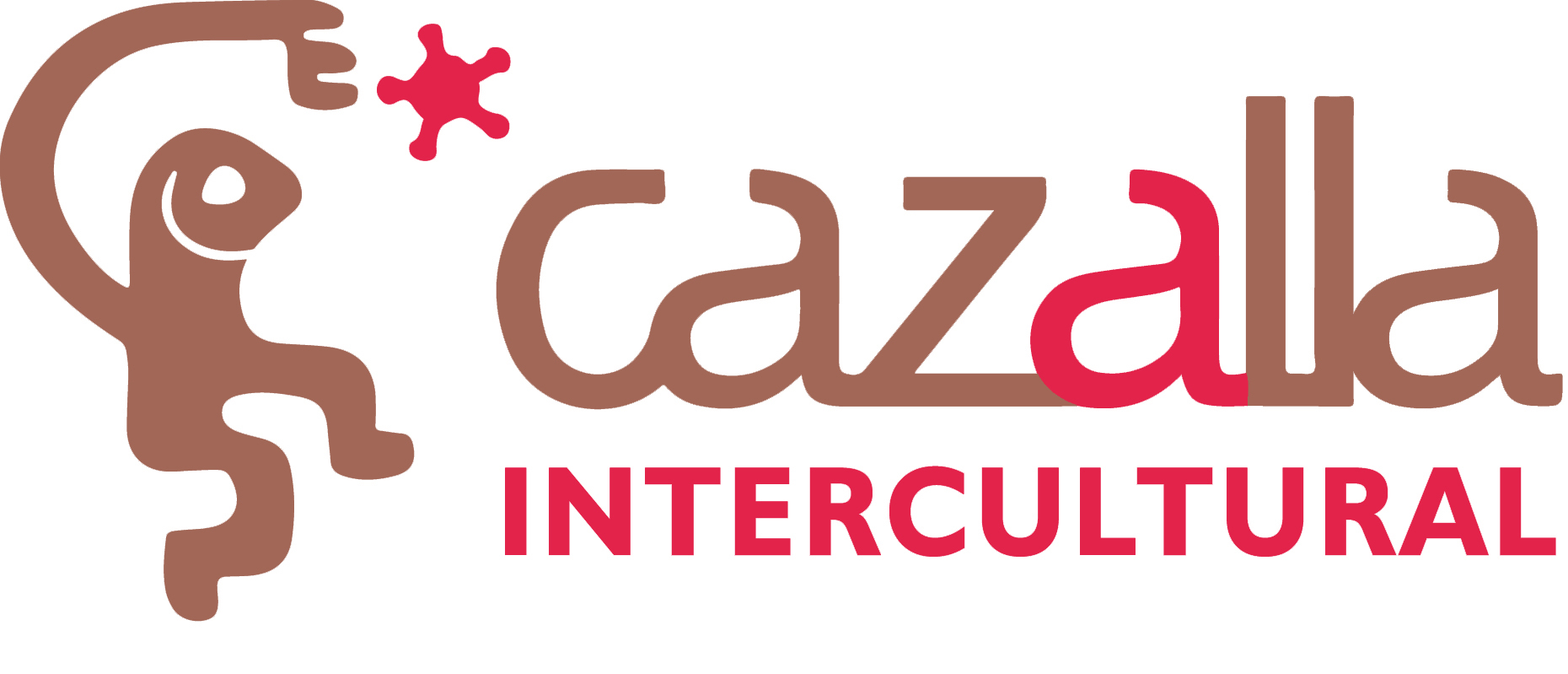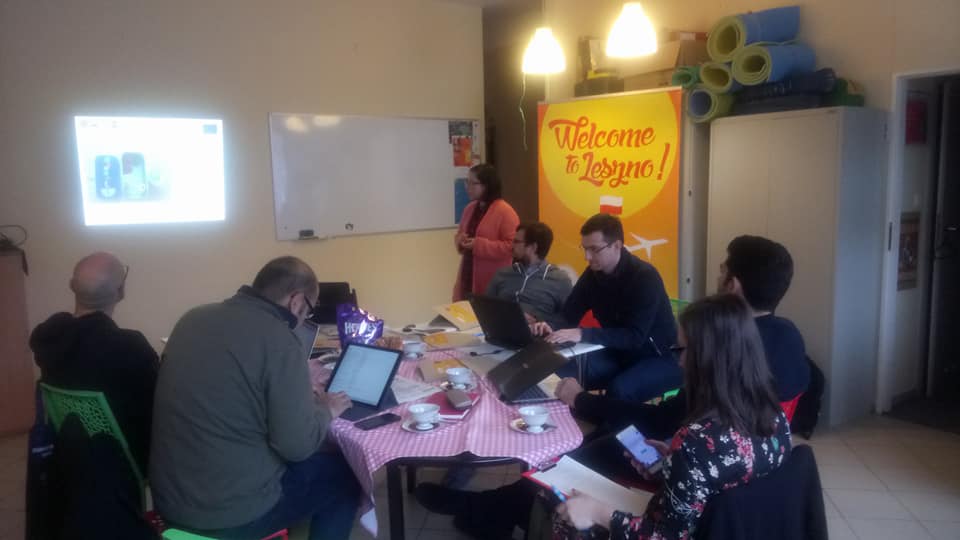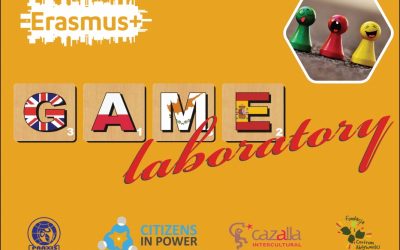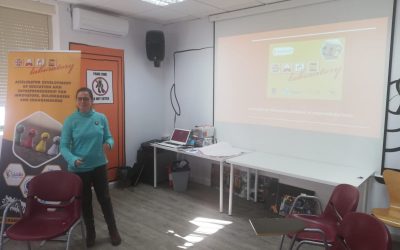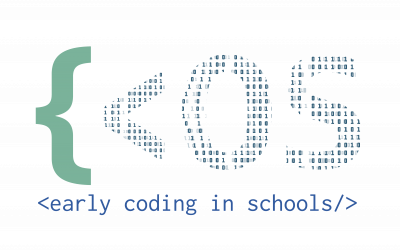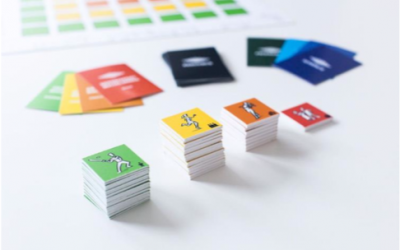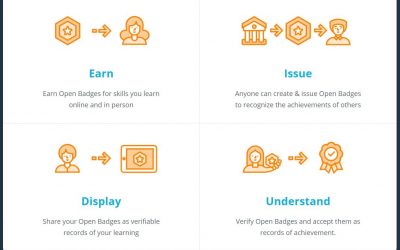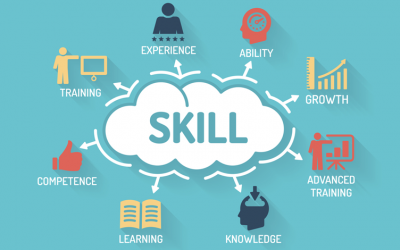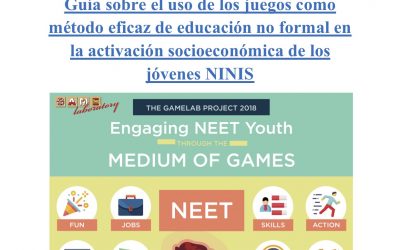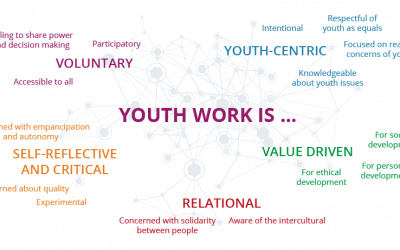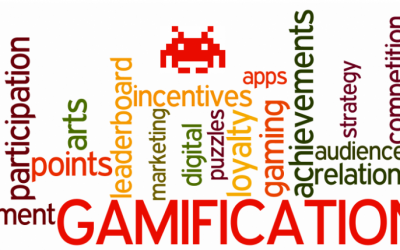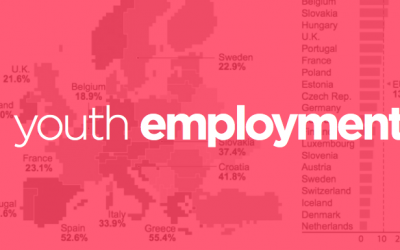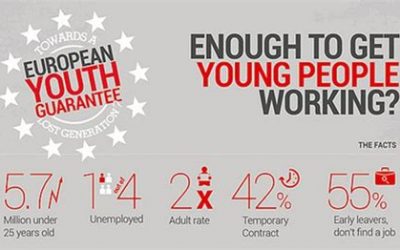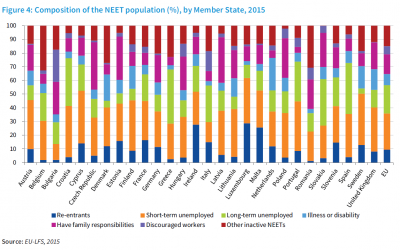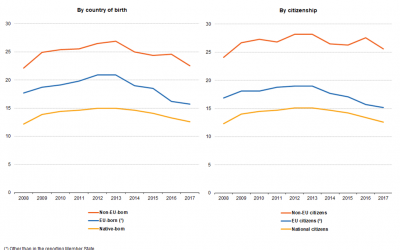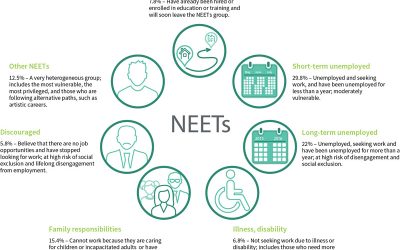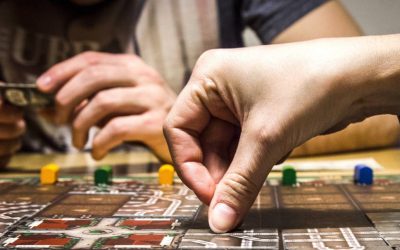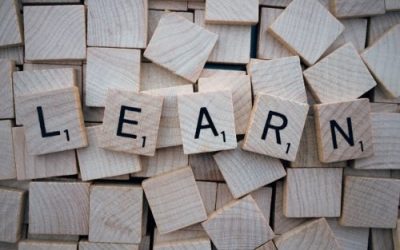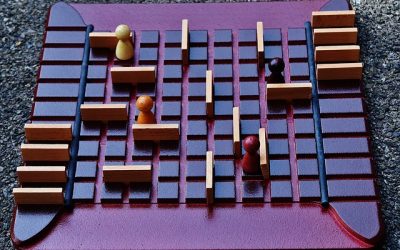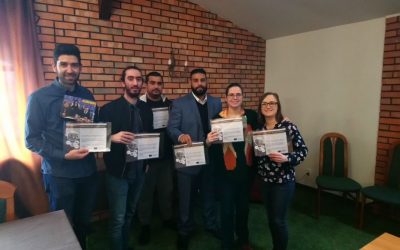Financia: Erasmus+ de la Unión Europea. Acción KA 2 – Asociaciones estratégicas Juventud.
Fechas del proyecto: 01/06/2017-30/11/2018
Duración: 18 meses
Lugar de celebración: Poland, UK, Spain, Cyprus.
Grupo destinatario: jóvenes desempleados, trabajadores juveniles
Descripción
This will strengthen the entrepreneurial attitude, key competencies of the young people, as well as build a positive pro-social and intercultural behavior patterns.
Using a joint initiative of partnership an international cooperation, we will create a game to be used as an educational tool for young people. We will share our experiences in using games and will develop together innovative ways to use games as learning tools.
The project will be promoting CLIL2 approach (linguistic immersion is an extremely efficient method that strengthens and extends the language skills) amongst the participants.
We will create a game and other materials that will be used by youth workers, created in collaboration with young people from the NEET group and addressed to them directly.
Participants of the project are educators, facilitators and people working with youth from different countries, dealing with innovative methods of non-formal education. Education needs a new and useful methods and educational tools, that increase the interest and involvement of young people in matters of socio-professional approach in accordance with the ‘learning by doing’ rule.
- Problems that justifies the project, are:
– deficits in adolescents key competences,
– educators (teachers, trainers) have difficulty in engaging young people (large percentage of NEETs in Europe),
– the use of games is a problem – educational games are little-known, little taken into account in education, they are sometimes more a curiosity, than a basic element,
Objetivos
Specific objectives:
- extending and developing the competencies of educators,
- creating new tools for working with youth,
- provide NEET youth with key competences, so that they can increase their chances of social inclusion, reduce barriers and be a part of an active society.
Socios del proyecto
ASOCIACIÓN CAZALLA INTERCULTURAL, España
PRAXIS EUROPE CIC, United Kingdom
C.I.P CITIZENS IN POWER, Cyprus
BLOG GAME LABORATORY
Material para descargar
Are you fed up with staying at home? Have you run out of ideas for spending this time? We invite you to play the Backyard Sale game, which was created as part of the "Game Laboratory" project, co-financed by the European Union under the Erasmus+ Programme. This game...
Conferencia final Game Laboratory
En Cazalla nos han visitado los amigos de Dragon Legion para descubrir cómo usar los juegos de mesa y de rol para desarrollar nuestras competencias. In Cazalla, friends of Dragon Legion have visited us to discover how to use board games and role-playing games to...
Early Coding in Schools: Un juego para aprender código
Cazalla Intercultural participa como socio en este proyecto, que tiene como objetivo crear un juego para que los niños y jóvenes aprendan a codificar. El cambio de modelo social hace que el mercado laboral necesite nuevos perfiles de trabajadores. El...
Catalogue of good practices in working with young NEET people regarding innovative tools in the context of non-formal education
Descarga nuestro resultado intelectual 2: Catálogo de buenas prácticas en el trabajo con jóvenes NEET sobre herramientas innovadoras en el contexto de la educación no formal. Here you can download our intellectual output 2: Catalogue of good practices in...
Open Badges
Open Badges is an online gamification tool for young people, developed in 2011 with funding from the MacArthur Foundation and a network of partners committed to developing a new way to recognize learning wherever it happened – in and out of formal education and...
Gamificación para desarrollar habilidades
Gamification isn’t only about having fun when it comes to learning and gaining knowledge. It is a far more useful tool than most people understand or give it credit for. Some people even reject the usefulness of gamification in learning and training completely. Not...
Guía sobre el uso de los juegos como método eficaz de educación no formal en la activación socioeconómica de los jóvenes NINIS
Descarga aquí nuestro Producto Intelectual 1: Guía sobre el uso de los juegos como método eficaz de educación no formal en la activación socioeconómica de los jóvenes NINIS You can download here our Intellectual Output 1: Guide On The Use Of Games As...
Gamificación en el trabajo juvenil
The motivational function of gamification has increased in importance, as there are plenty of opportunities for youth, which make them less active in the general sense. On the one hand, youth is the most dynamic social group, on the other hand the constant information...
Gamificación para el empleo
One of the problems nowadays, which can be solved by gamification step-by-step, is youth unemployment. Young people in various countries suffer from wrong career choices, outdated education systems, lack of motivation and self esteem, which results in a number of...
Respuestas políticas: razones, características y aplicación
As emphasised in the Council Recommendation of 15 February 2016 on the integration of the long-term unemployed into the labour market, the following steps should be taken in order to re-engage the long-term unemployed: Encourage registration with public employment...
Determinantes del desempleo juvenil de larga duración
When talking about the fators that determine long-term youth unemployment, we have to take into consideration 2 categories: Micro-determinants: are factors that explain why individuals experience unemployment Macro-determinants: why the factors prevelance across...
Participación de los jóvenes en el mercado laboral
When talking about the participation of young people in the labour market, first we need to have an overview of statistics about NEETs and employment rates in the last years, taking into consideration the economical development at European level. Three quite distinct...
Youth Guarantee y subgrupos de NINI
In light of the sharp increase in youth unemployment and the proportion of NEETs during the most recent financial and economic crisis, policymakers have increasingly focused on re-engaging young people. For a number of years now, this policy focus has translated into...
NINI y el uso del término en la formulación de políticas
The need for new indicators became evident in order to capture the many nuances that represent labour market attachment in our contemporary societies. In this framework, the NEET indicator entered into the policy arena and became the key element in discussion on youth...
NINI y migración
Human migration is the movement by people from one place to another with the intentions of settling, permanently or temporarily in a new location. The movement is often over long distances and from one country to another, but internal migration is also possible;...
NINI: términos y estadísticas
The term NEET is used to describe young people not in employment, education or training. News about the rising numbers of NEETs across Europe, the conditions they face and their unpredictable future, is being used to illustrate the seriousness of the situation...
Juegos de mesa producidos por estudiantes que promueven empatía
Matthew Farber escribe un artículo de cómo los juegos de mesa pueden desarrrollar competencias como la empatía. Podéis leer el artículo completo en: https://ww2.kqed.org/education/2017/04/13/student-produced-board-games-that-promote-empathy/ English version: Matthew...
¿Por qué jugar juegos de mesa españoles?
Una gran razón para jugar juegos de mesa en español es que los juegos de mesa son interactivos. Practicar español en grupos es motivador. Después de todo, es mucho más social que sentarse solo con un libro. Además, el aspecto interactivo de los juegos de mesa te ayuda...
Los juegos de mesa «estimulan las habilidades matemáticas tempranas»
(Vía "The Guardian) Jugar cuatro sesiones de 15 minutos de juegos de mesa como serpientes y escaleras puede mejorar significativamente las habilidades matemáticas del niño, según un estudio de niños de cuatro y cinco años. Y la mejora en las pruebas numéricas es...
C1 – short staff mobility for training aim. Día 4
El cuarto y último día de nuestra reunión estuvo marcado por resúmenes, evaluación y pruebas de otro tipo de juegos. Cada participante llenó el formulario de evaluación y hubo un tiempo para resumir el proceso de aprendizaje. Después de esto, varios juegos nuevos...
